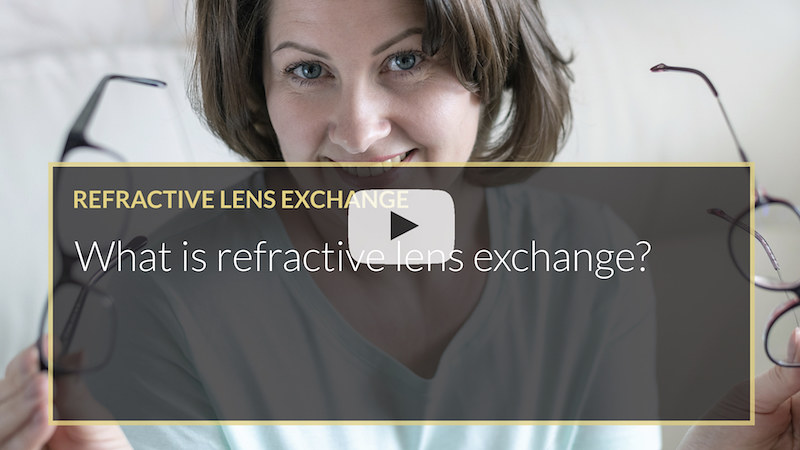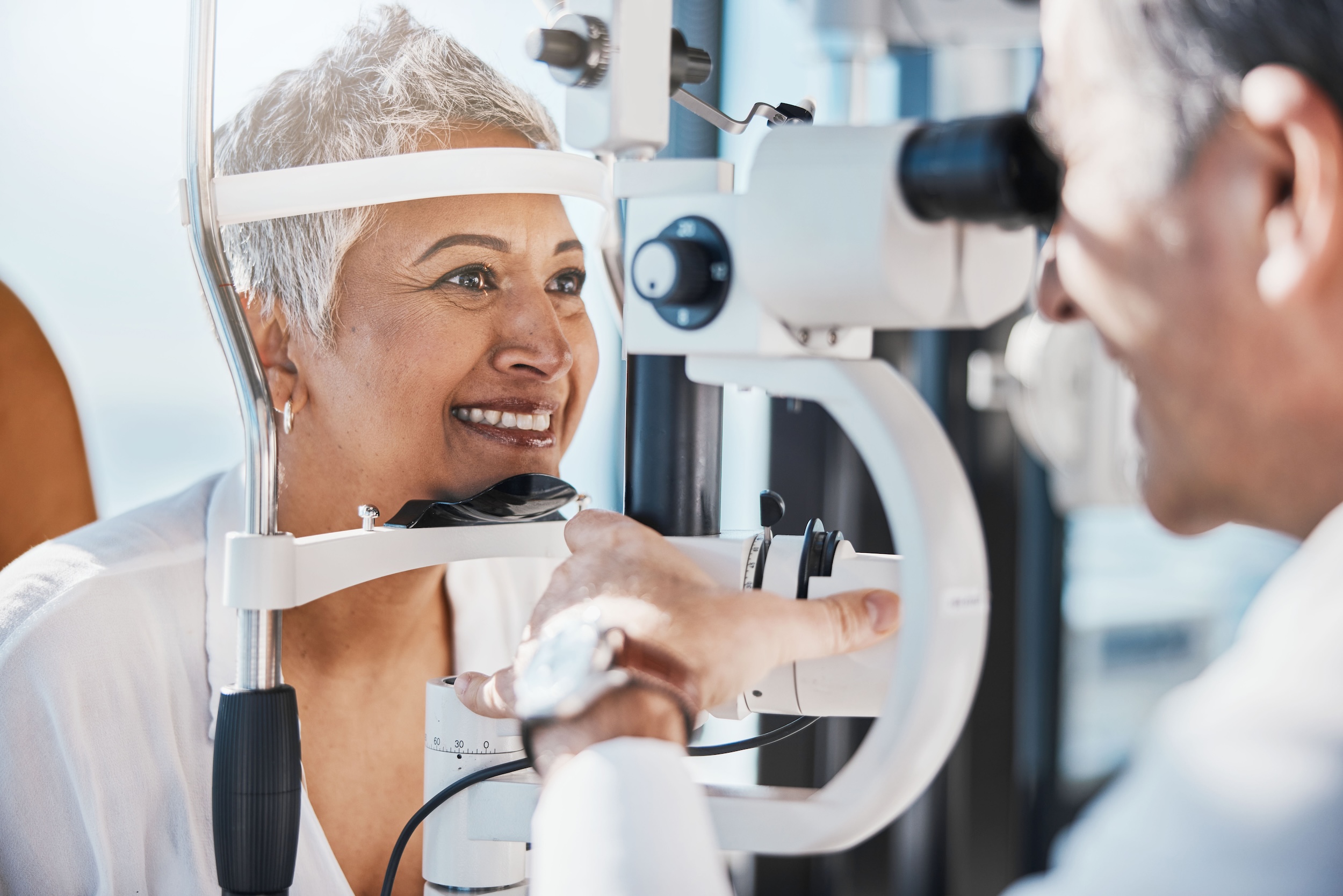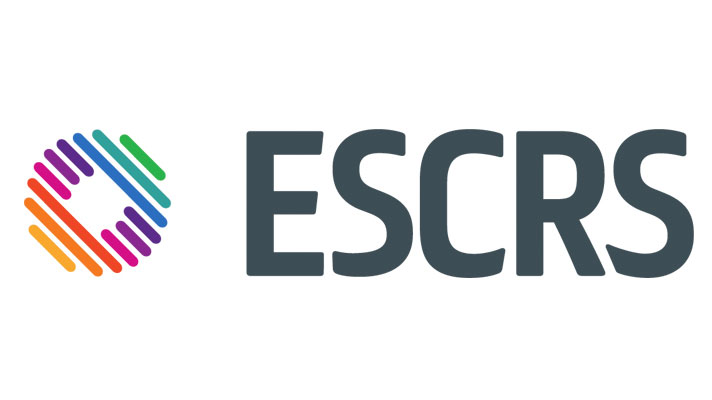
IN THIS VIDEO PROF MOHAMMED MUHTASEB DISCUSSES REFRACTIVE LENS EXHANGE
What is refractive lens exchange?
Refractive lens exchange is an option available to patients who would like to reduce their dependence on glasses or contact lenses, but for whom the best option is an exchange of the natural lens of the eye for a lens implant rather than LASIK or LASEK, so a corneal refractive laser surgical procedure.
Refractive lens exchange involves a very similar operation to cataract removal and lens implant procedure, but it’s performed before the natural lens of the eye loses its clarity and develops what we call a cataract. During refractive lens exchange, the natural lens of the eye is removed, with its natural supporting skin being left in place and that supporting membrane is used to support a lens implant.
Take the first step to understand your unique cataract surgery options
Most people don’t get given information about all the options they actually have surrounding cataract surgery. Did you know it is not only possible to fix your cataracts but you can often fix your reading and/or distance vision at the same time? Click the button below to request a personal consultation and get clear on all of your options.
We prepare you for your surgery
The lens implant reduces dependence on glasses and contact lenses. We have a proactive consultation and do planning before the surgery so that a series of measurements of the eyes are taken, and there are routine measurements which are enough for the majority of patients. Then there are additional extra tests that some patients may require under certain circumstances.
Once all the preparative data has been collected, that allows a calculation to be made. The strength of the lens implant that we insert into the eye and that replaces the natural lens of the eye needs to be of just the right strength and power, so the light coming into the eye focuses on the retina.
What happens during the procedure
When light comes into the eye, rather than being focused away from the retina, the light coming into the eye comes through the lens implant, which is of the correct strength and focuses directly on the retina so that everything the patient sees is in focus.
The vision that patient enjoys afterwards for distance and near without glasses will depend on the kind of lens implant that they choose, which can be monofocal or multifocal, and that has implications for whether they need glasses for reading or not. But in essence, that’s how refractive lens exchange works. Refractive lens exchange is sometimes known as lens replacement surgery. It involves replacing the natural lens of the eye with a lens implant.
The idea is that if a patient requires glasses in order to be able to read or they need glasses or a contact lens to see in the distance and to read, the refractive lens exchange or lens replacement surgery can reduce their reliance on glasses. They can get out of bed and function throughout the day without needing to resort to their glasses or contact lenses.
The way it works is that the natural lens of the eye is removed and replaced with a lens implant. The lens implants are of a strength that means that the light coming into the eye focuses on the retina, and the vision is in focus. The vision is in focus either for distance only, if a monofocal lens is chosen. The vision can be made to be very clear for distance and near so that patients can see far away and drive and lookup close to read or look at their phones and iPads without glasses if a multifocal lens is chosen.
I invite you to contact me by calling the phone number provided. We can start the process of consulting and determining your suitability for the interventions that we can provide and hopefully get you to a point where you’re achieving your outcomes and enjoying life without cataracts and without needing your glasses and contact lenses.
Share This Story, Choose Your Platform!
ABOUT THE EXPERT
Prof Mohammed Muhtaseb, FRCOphth
Consultant Cornea, Cataract and Refractive Surgeon
iLase is the private practice of Consultant Ophthalmic Surgeon, Prof Mohammed Muhtaseb. Based in South Wales, he is one of the very few ophthalmologists working in the UK who is a fellowship-trained specialist in Cornea, Cataract and Refractive Surgery. He holds full specialist registration with the General Medical Council and was appointed as a Consultant in the NHS in 2006.




